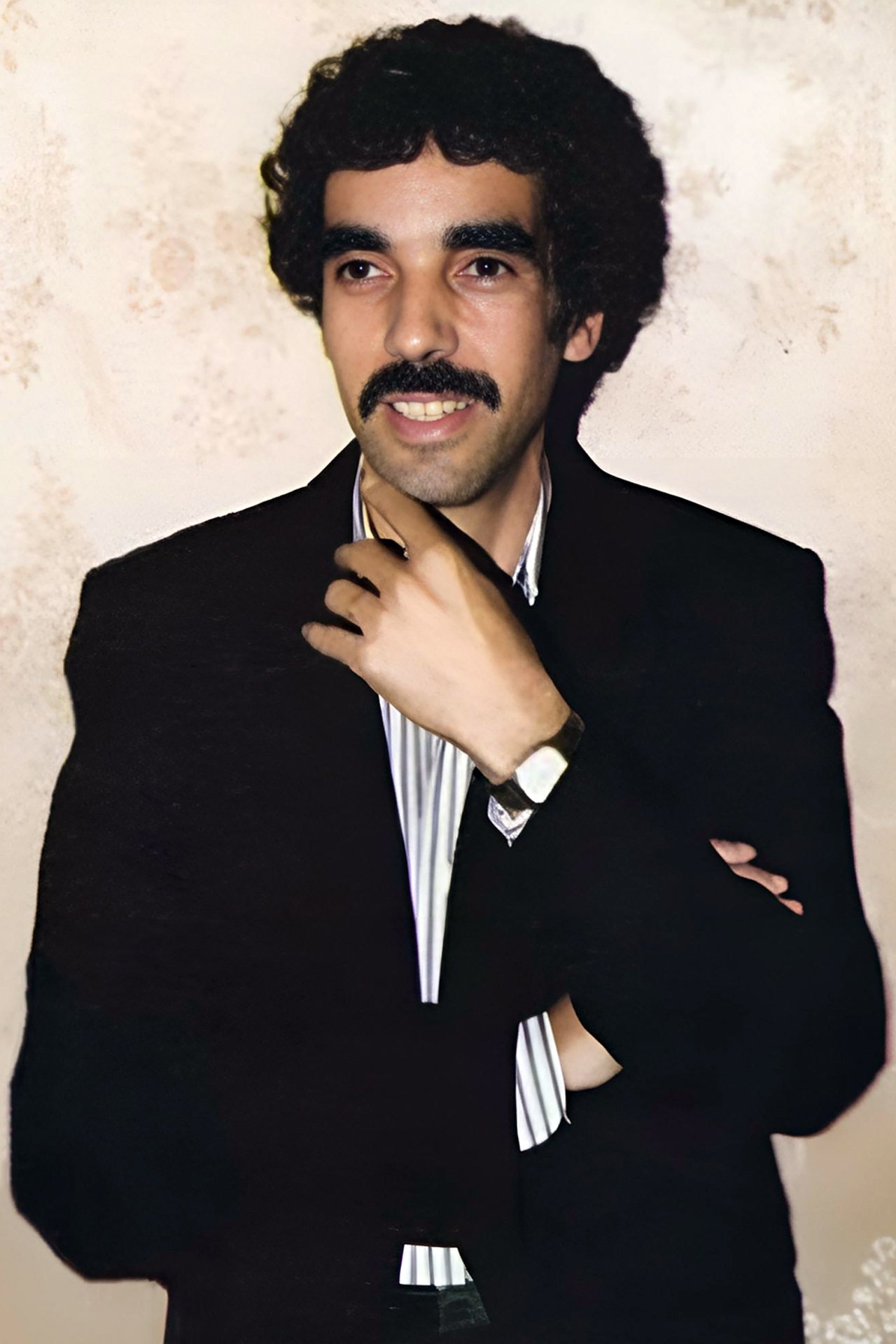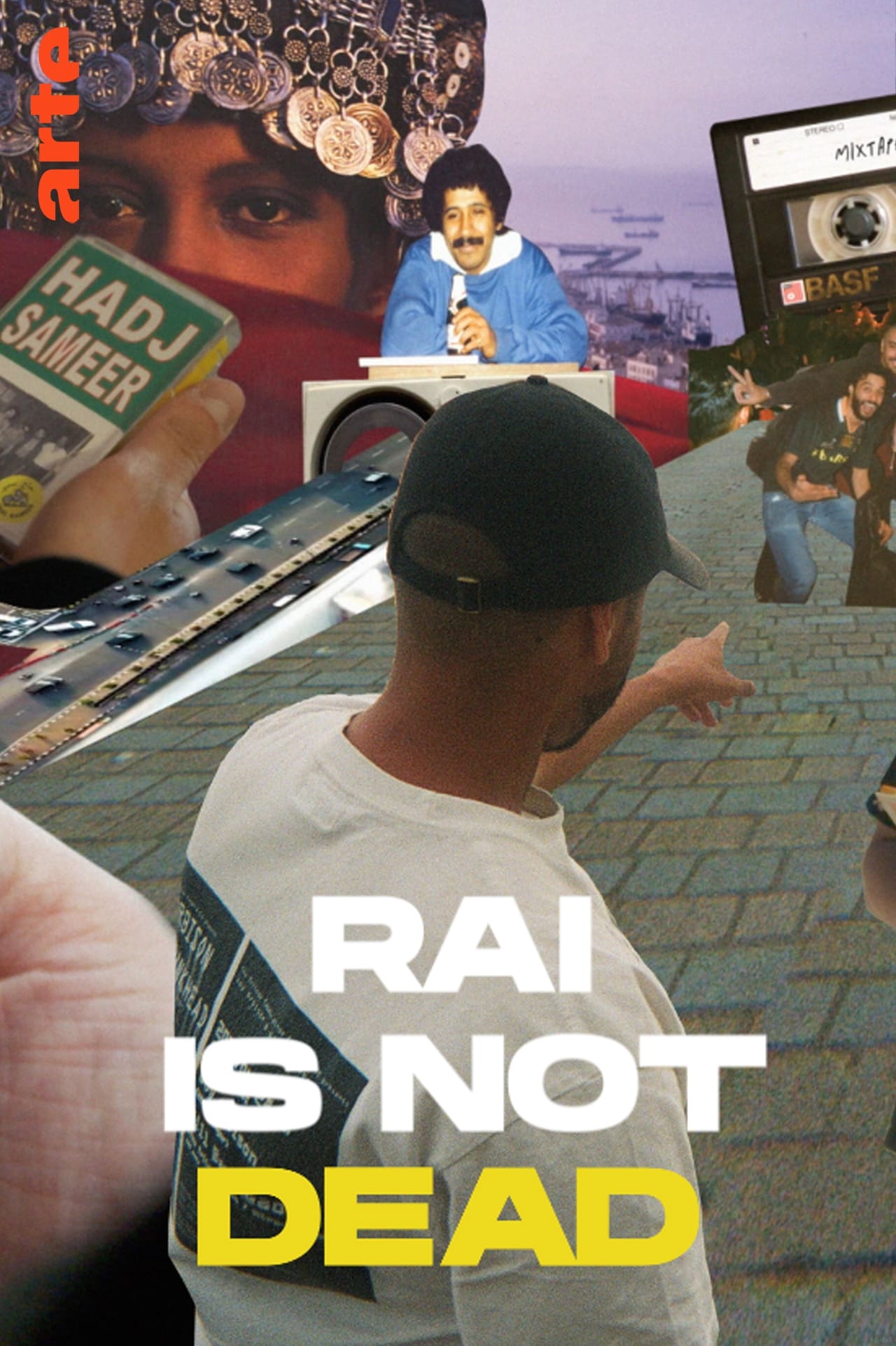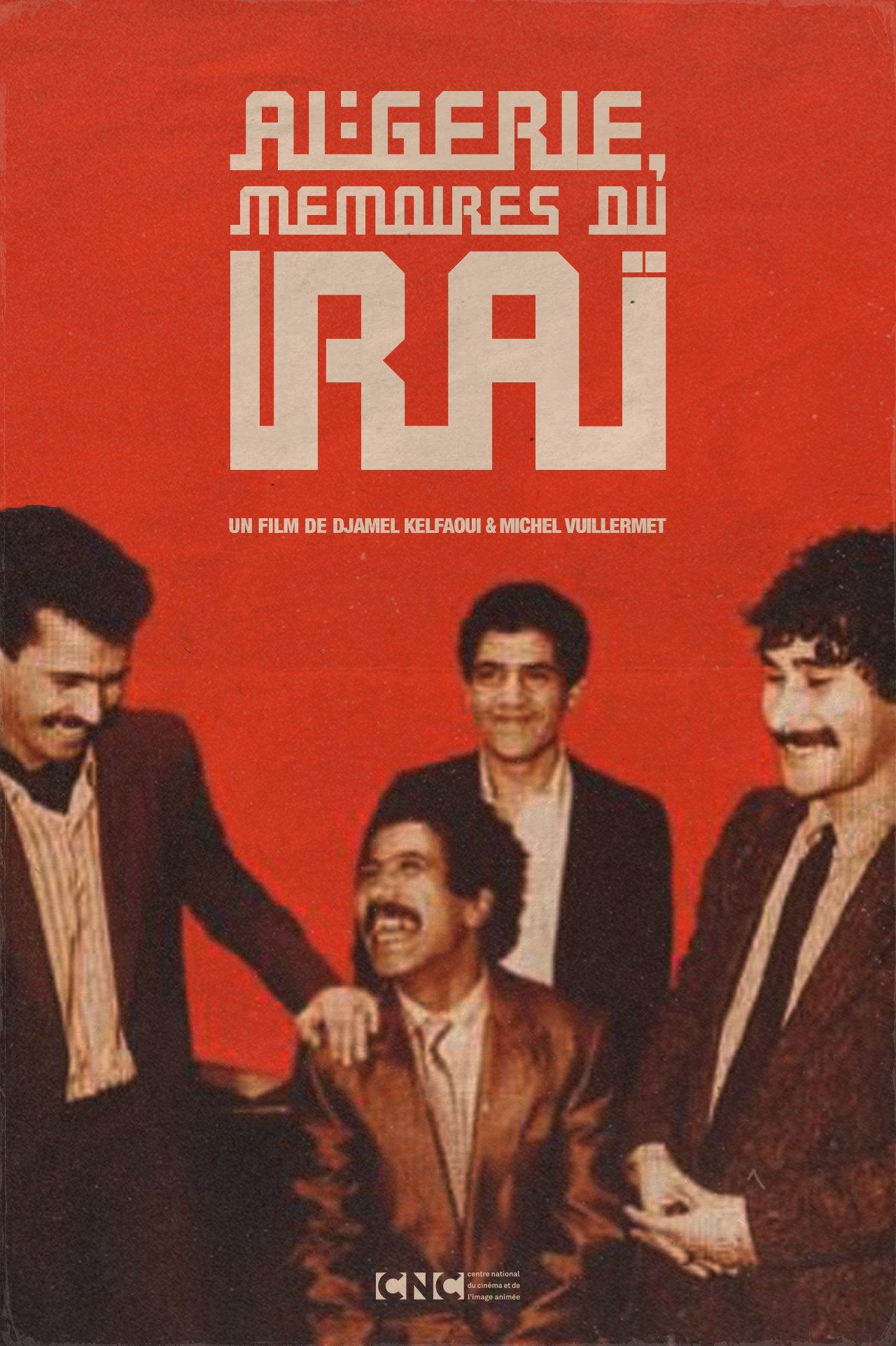

What musical genre can claim to have gone, in the space of fifty years, from a hidden cabaret in Oran to Super Bowl halftime? Born in Algeria at the end of the Second World War, the raï wave spread from the cabarets of western Algeria to the cassette shops of Barbès in Paris, before sweeping the world at the end of the 1980s. its hybridization, the intoxicating music traveled from Algerian and French weddings to the biggest international stages, before suddenly disappearing from the radar at the dawn of the new millennium. Icons that have disappeared, including Cheikha Remitti and Prince Hasni, to young heirs, passing by the star Khaled, the collector Hadj Sameer trace the tumultuous course of this musical genre, between clandestinity, planetary glory and resistance.

In the 1980s, Algeria experienced a tumultuous social context which reached its peak during the riots of October 88. This wave of protest, with youth as its figurehead, echoed the texts of raï singers. Thirst for freedom, misery of life and the aspirations of youth are among the main themes of their works which will inspire an entire generation. More than music, raï celebrates the Arabic language and becomes a vector of Algerian culture, thus providing the cultural weapons of emerging Algerian nationalism With Cheb Khaled, Cheb Mami and Chaba Fadela as leaders of the movement, raï is also a way of telling and reflecting the essence of Algeria in these difficult times. While the threat weighs on artists in Algeria, their exile allows raï to be exported internationally and thus, to bring the colors of Algeria to life throughout the world.
Boutaïba Seghir (in Arabic: بوطيبة الصغير), real name Mohamed Affif, is a Raï singer born June 4, 1945 in Chaabat El Leham (Wilaya of Aïn Témouchent) in Algeria. In 1963, he released his first single, at the age of 18, Chetek el bérah. In 1963, he gave his first Summer Scene concert in Chaabat-el-Ham and Aïn Témouchent. His first success came in 1968 with the single El Caoucaou. Then he was a violinist for the Oran radio orchestra, from 1967 to 1969. In 1969, the songs Raba Raba and El Fermliya were released, and are still appreciated by the public today. These titles were taken up by Cheb Khaled. In 1972 the title El Ghira T'hadar was released. He is currently considered one of the inventors of modern Raï music with Cheikh Beloumou. Boutaiba Sghir will inspire many singers like Cheb Khaled, Cheb Mami and Cheb Hasni. Khaled says of him: “I am not the king of raï, I am only the ambassador. The real king is Boutaiba Sghir, he’s the one who taught me everything.” In September 2010, he was invited to Paris by Cheb Khaled with Maurice El Medioni, Cheb Sahraoui and Chaba Zahouania for a concert in tribute to Oran, entitled Café d'Oran.
By browsing this website, you accept our cookies policy.